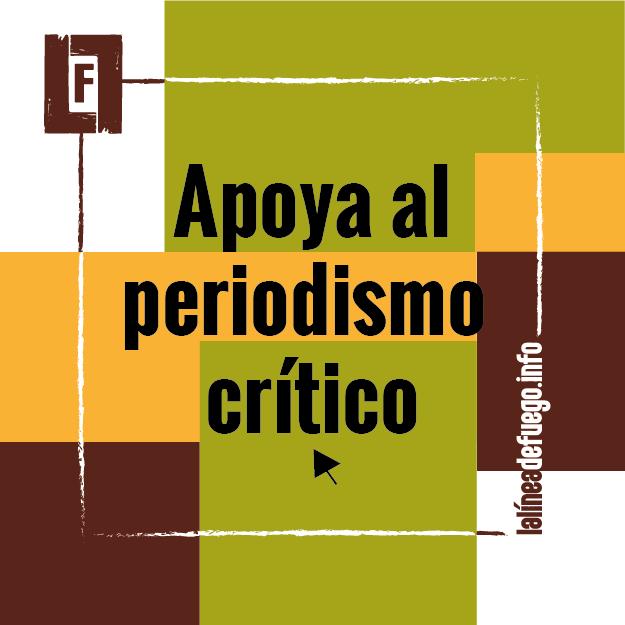As the country’s crime rates soar, incumbent Daniel Noboa looks to foreign military aid to stabilize the nation before April elections
As Ecuador heads to a second round of presidential elections on April 13, incumbent Daniel Noboa has made headlines by calling to incorporate foreign military special forces into the country’s fight against drug traffickers and transnational organized crime.
The announcement came just months after Noboa, the 37-year-old Miami-born heir to the South American country’s banana fortune, sought to amend Ecuador’s constitution to permit the installation of foreign military bases amid the country’s rapidly deteriorating security landscape.
Since Noboa won snap elections in October 2023, Ecuador has become the most violent country in Latin America, with 1,300 homicides in just the first 50 days of 2025 — a 40% increase over the same period in 2023. Nestled between the world’s two largest cocaine producers, Ecuador has also emerged as the global leader in cocaine exports to Europe, with a growing presence of Mexican, Colombian, and Albanian cartels taking advantage of the country’s weak institutions, porous borders, and strategic location.
After heavily-armed gangs took over a live news broadcast early last year, U.S. security analysts and editorial boards have called for a “Plan Colombia” — the largest U.S. military and counternarcotics aid package ever in the Western Hemisphere — for Ecuador, which just years prior had been hailed as an “island of peace.”
The $15 billion aid plan to Colombia, Washington’s top security partner in the Americas, brought down crime in the country’s urban centers. But after a 2016 peace deal with Colombia’s largest insurgency led to its partial demobilization, transnational actors moved in to fill the void and drug trafficking was rerouted through neighboring Ecuador.
The Biden administration responded to Ecuador’s de facto declaration of war on 22 criminal gangs in January 2024 by sending its SOUTHCOM commander, the “drug czar,” and White House and State Department officials to meet with Noboa, leading to agreements in defense, intelligence and law enforcement.
These visits came on the heels of signing a bilateral “status of forces” agreement (SOFA) that granted U.S. military personnel the exemptions and immunities typically afforded to diplomats. As part of a five-year, $93 million aid package promised by SOUTHCOM, the U.S. delivered 20,000 bullet-proof vests, deployed a mobile border police unit and FBI agents, and donated a Lockheed Martin C-130H aircraft and two island-class Coast Guard patrol boats.
In July 2024, South Florida-based Matrix Aviation Inc. registered with the Department of Justice as a foreign agent for Ecuador’s Defense Ministry to help the Noboa administration access new funds under the Foreign Military Financing (FMF) program and implement the International Narcotics and Law Enforcement Ecuador program. Its objective is to “secure U.S. government funding and assistance programs to combat drug trafficking, border defense, human trafficking and other crimes,” according to the FARA records.
The foreign principal, Defense Minister Gian Carlo Loffredo, has no formal military experience, but was previously a counter-terrorism instructor at the Israeli Tactical School, which was founded by former Mossad officials, and has claimed to be the only certified National Rifle Association instructor for Latin America.
Meanwhile, Noboa is actively courting the Trump administration to shore up his electoral bid and urge increased U.S. military support amid the country’s worsening security environment. Noboa was one of few foreign leaders at President Trump’s inauguration, and some U.S. lawmakers are openly urging Ecuadorians to not vote for Ecuador’s progressive opposition candidate, Luisa Gonzalez, who is currently favored to win the run-off after major third-party candidate Leonidas Iza signaled his support.



